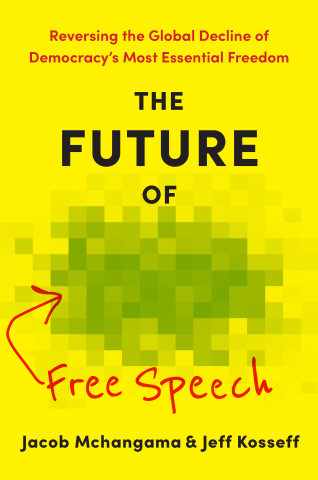
Reviews
Marso's book is insightful, even fascinating in what its focus makes visible, and it will motivate many to (re)visit Rousseau and Staël. Perhaps most intriguing is the notion of conversation as critical to more inclusive politics, and most useful is her weaving into the Rousseau-Staël dialogue many contemporary feminist voices.
Marso enterprisingly finds in Staël's novels a direct political alternative to the Revolution's manly citizenship, one defying rigid hierarchy and not excluding private loyalties from its conception of the general will. Marso's is a ground-breaking, mind-altering reading of Staël as a political thinker.
A bold feminist interpretation (Un)Manly Citizens will appeal to all of those who are not content to dismiss Rousseau as a misogynist and a romantic. Marso finds a discordant feminine presence at the core of Rousseau's work—neither in a difference nor a mirror image but an alterity that 'unmans' the ideal of a community that speaks in one voice. This witty and perceptive study opens up an alternative model of citizenship.





